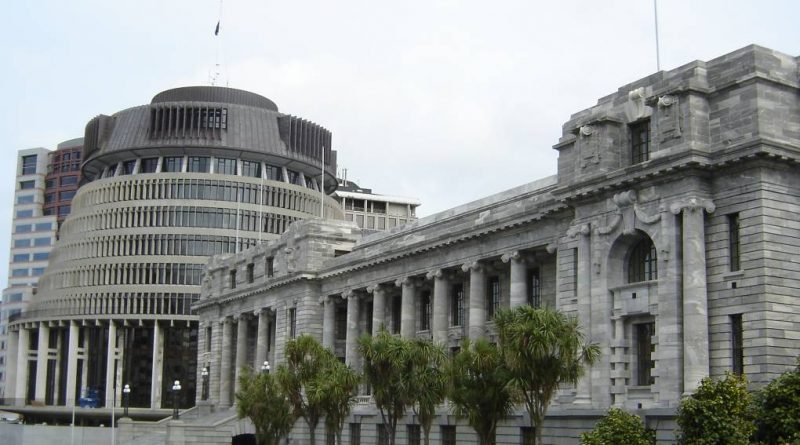New Zealand Approves Bill to Decriminalize Abortion
Ariana Keshishian
Staff Writer
New Zealand finally brought its abortion laws to the 21st century on March 11. The laws that were in place up until now were created about forty years ago and were ultimately seen as insufficient for modern times. Up until the revision of this bill, women who intended to have an abortion were committing a crime under the previous policy unless they followed the requirements under the bill. These included being referred by a doctor to two specialists who had to both certify that she faced serious danger to her life or physical or mental health. Other conditions that were also applied were those addressing whether the pregnancy was a result of incest or the woman’s lack of capacity to consent, reports The Guardian.
Earlier, the government planned to make the issue a public referendum; however, was abandoned during the proceedings. According to BBC News, Justice Minister Andrew Little stated, “From now on abortions will be rightly treated as a health issue.” He continued to say, “the previous law required a woman seeking an abortion to go through many hoops… The changes agreed to by parliament will better ensure women get advice and treatment in a more timely way.”
Up until this point, there were more than 13,000 abortions a year in New Zealand, which is minuscule in proportion to the country’s five million people. Because the restrictions were as strict as they were, many women and health practitioners had to lie about mental health status. Along with this bending of the truth by the patient and the doctors, the women who went through with the abortion carried the stigma of committing a criminal act according to the New Zealand law. The New York Times says that former justice minister and National Party lawmaker Amy Adams spoke about the previous law in regards to women as, “they face the delays, the difficulties, the struggles, the judgment, the abuse, frankly, and feel marginalized and criminalized because of our law.”
The new bill allows unrestricted access to abortions during the first half of pregnancy, which in turn ends the country’s status as one of the few wealthy nations to limit the ability for abortion during this period. Parliament also loosened the restrictions on abortions in the latter half of pregnancy. The bill was passed with 68 to 51 allowing it to take effect later on that day after it was reviewed and received assent from the governor-general Queen Elizabeth II’s representative in New Zealand, which is considered as a formality.
This issue cuts across some of the topics that typically divide the liberal Labour Party that leads the governing coalition and the conservative National Party that is the primary opposition. According to public opinion surveys, most New Zealanders favor liberalizing the law; however, some lawmakers said that other lawmakers pushed the boundary too far. The new law allows women to obtain an abortion on demand for up to 20 weeks into a pregnancy. If a woman wanted an abortion that surpassed this time frame, it would only be legal, “if the health practitioner reasonably believes that the abortion is clinically appropriate in the circumstances.” To go a bit further, the doctor must consult with at least one other health practitioner and need to take into account standards that all relevant in the legal, professional, and ethical parameters.
Most countries in the Middle East, Latin America, and Africa all have abortion laws in effect that are as restrictive as New Zealand’s previous bill—possibly even more so. With this being said, among the most highly developed countries, Poland and South Korea have been the only two to study the issue. Ireland’s law is so restrictive that it was almost a complete ban until December of 2018.


